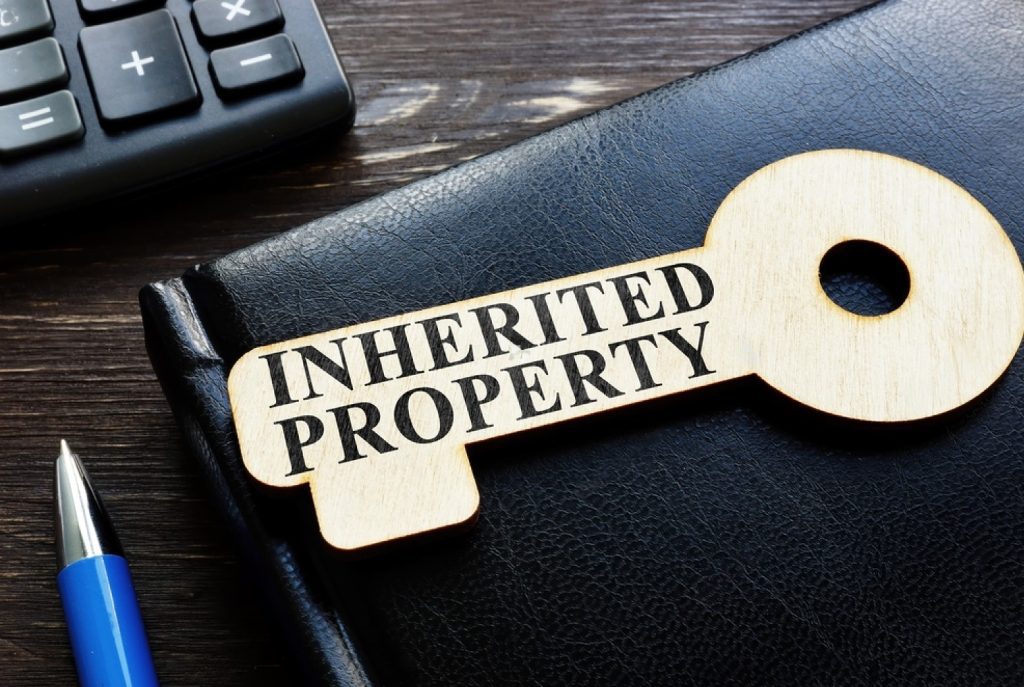If you have inherited a property in the UK, you may be wondering about the tax implications of selling it. While it can be a daunting task to figure out the tax situation, it’s essential to understand the various taxes involved so that you can make informed decisions. In this blog post, we will discuss the taxes that you may have to pay if you sell an inherited property in the UK. Here at sell my house swiftly we help and guide clients to sell their inherited houses.
Capital Gains Tax (CGT)
The first tax you should be aware of is Capital Gains Tax (CGT). If you sell a property that you have inherited, you may have to pay CGT on any increase in its value since the date of death of the previous owner. However, you will not have to pay CGT on any increase in value that occurs after the date of death. The tax is calculated based on the difference between the sale price and the property’s market value at the date of death.
The CGT rate for residential property is 18% for basic rate taxpayers and 28% for higher rate taxpayers. However, everyone has an annual CGT allowance of £12,300 for the tax year 2021/22. This means that you can make a profit of up to this amount before any CGT is due.
It’s worth noting that if you decide to live in the property for a period before selling it, you may be entitled to a lower CGT rate as you can claim relief for the time you lived in the property. You may also be able to claim additional reliefs if the property was your main residence at any point or if it was let out.
Inheritance Tax (IHT)
Inheritance Tax (IHT) is a tax that is levied on the estate of a deceased person. If the estate is valued above the current threshold of £325,000 (2021/22 tax year), IHT will be due on the amount above this threshold. However, if you inherit a property, it is unlikely that you will have to pay IHT, as it is the responsibility of the deceased person’s estate to pay it. The only exception to this is if the deceased person left the property to you but with conditions attached that you have to pay some or all of the IHT liability.
However, if you sell the inherited property and make a profit, this profit may be subject to IHT. This is because any profit made on the sale of an inherited asset becomes part of your own estate, and may be subject to IHT when you die.
Income Tax
If you decide to rent out the inherited property, you will need to pay Income Tax on the rental income. The rental income will be treated as your own income, and you will need to pay tax on it at your marginal rate. However, you may be able to claim deductions for expenses related to the rental property, such as mortgage interest, repairs, and maintenance.
Stamp Duty Land Tax (SDLT)
Stamp Duty Land Tax (SDLT) is a tax that is paid when you buy a property. However, if you inherit a property, you will not have to pay SDLT. This is because SDLT is only payable on the purchase of a property, not on the transfer of property from one person to another through inheritance. Read more here about Tax on property, money and shares you inherit.
Conclusion
Selling an inherited property in the UK can be a complicated process, with various taxes and rules to navigate. It’s essential to understand the tax implications involved so that you can make informed decisions about whether to sell the property and when to do so. In general, if you sell the property soon after inheriting it, you may not have to pay much in the way of taxes.

